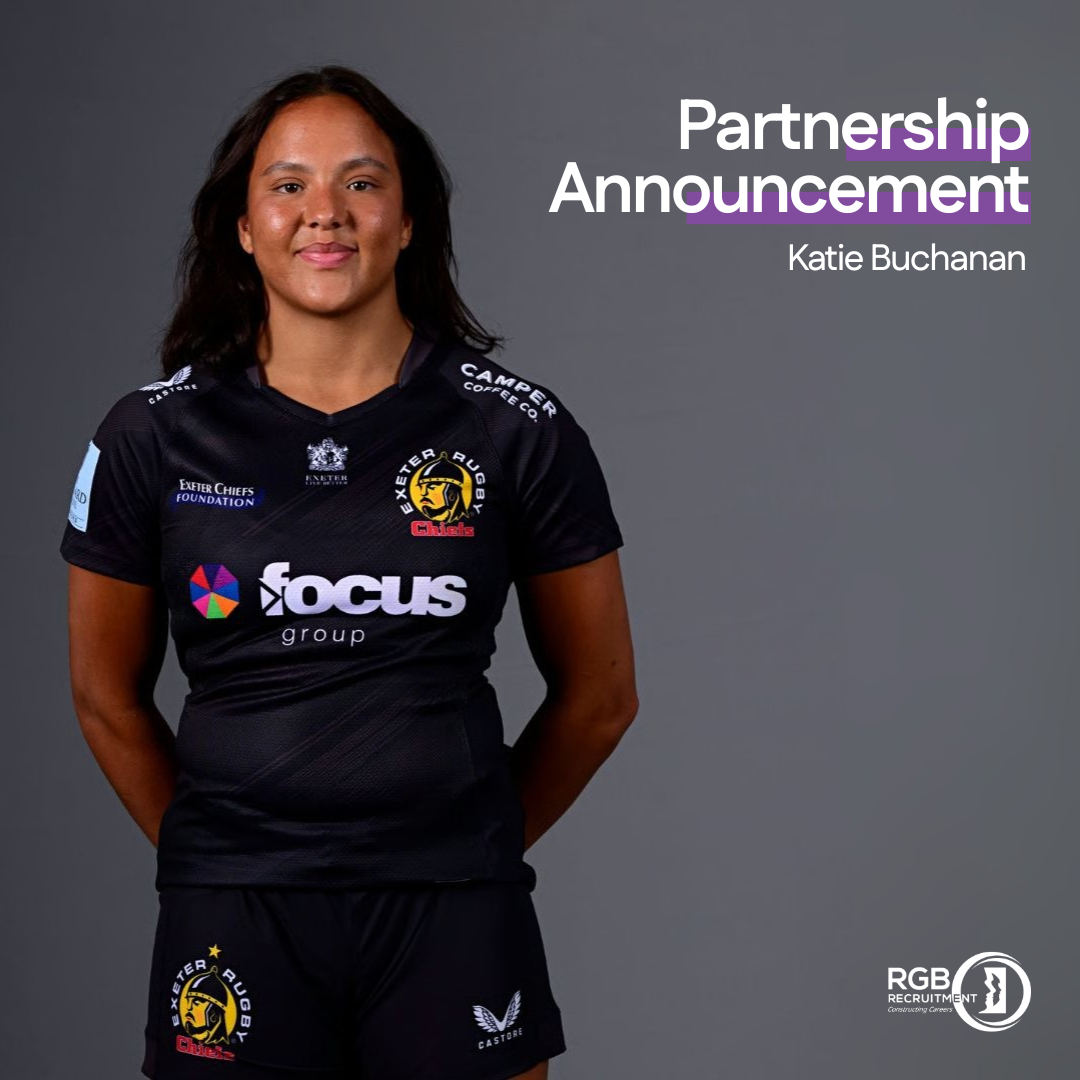Interviews are an opportunity to present yourself to a company and sell yourself and your skills to secure a position and further your career. Interviews can be a daunting process and it is vital you are prepared on all aspects of the role and the company so you can perform to the best of your abilities. During the interview you might be asked some difficult questions. These questions are designed to see how you will react under pressure and unfamiliar territory.
Here are a few quick tips for interview success:
- Do introduce yourself and shake hands firmly.
- Don’t fidget, bite your nails, chew your pen etc. It can be very distracting and shows you are nervous.
- Do maintain eye contact with your interviewer.
- Always be positive, never give negative feedback unless requested. It is always best not to criticise previous employers!
- Know your CV inside out, including dates and qualifications. They will doubt your honesty if you appear unsure about any aspect of your CV.
- Don’t be afraid to ask questions, this is your opportunity to learn about them too.
- If you feel the interview went well, ask about second interviews.
- Know your strengths and weaknesses!
- If you are a little unsure of any questions always ask for clarification.
Before you go!
- Be clear on the company, name, address and telephone number.
- Know the name and position of the person you are meeting.
- Be very familiar with the job description, as well as any tests you may have to perform.
- Be certain about the type of job, responsibilities and objectives you are looking for.
- Review your career history thoroughly. Review dates, positions, duties, responsibilities and accomplishments.
- Know your strengths and weaknesses.
- Be prepared to cite specific examples of accomplishments and how your specific experience can help the company solve some of its problems.
- Concentrate on your most recent positions, but don’t neglect your early career.
- Make a list of possible questions you may be asked and prepare your answers.
Questions you may be asked
- Answer all questions to the point; do not over elaborate. Always represent yourself honestly!
- Do not make derogatory remarks about previous or present employers.
- Tell me about yourself? – Ensure your reply is beneficial to the role that you are applying for.
- Tell me about your career/education to date and why you decided your chosen career path?
- What are your strengths? – Ensure you demonstrate how these have contributed to your success.
- Tell me about your achievements,
- (personal and work related) – consider how these relate to this new position and how they will benefit your employer?
- Describe specific duties in your current role? – Consider how these relate to the new position.
- What are you seeking in your new position?
- Tell me about situations when you have had to work under pressure?
- What are the most important rewards you expect in your career?
- What are your five biggest accomplishments in your present or last job?
- What is your biggest strength? Weakness?
- What qualifications do you have that make you think you will be successful in this business?
Questions for you to ask the client
- Will there be any additional duties / responsibilities to the ones stated in the job description?
- How does the company's promotional structure work and is personal development encouraged?
- What internal/external training will be provided?
- What goals do the company have in the short/medium/long term?
- What are the company’s greatest challenges in the short/medium/long term?
- How will this role develop and how will you fit into the future plans of the company
- What is the working culture of the company?
- What are the key skills and personal characteristics they are seeking to successfully recruit for this role? Listen carefully to this important information.
- In the recent history of the company, what has been the biggest advance and what has been the biggest setback?
- Tell me about a typical day.
- How do you review your interviewed applicants?


